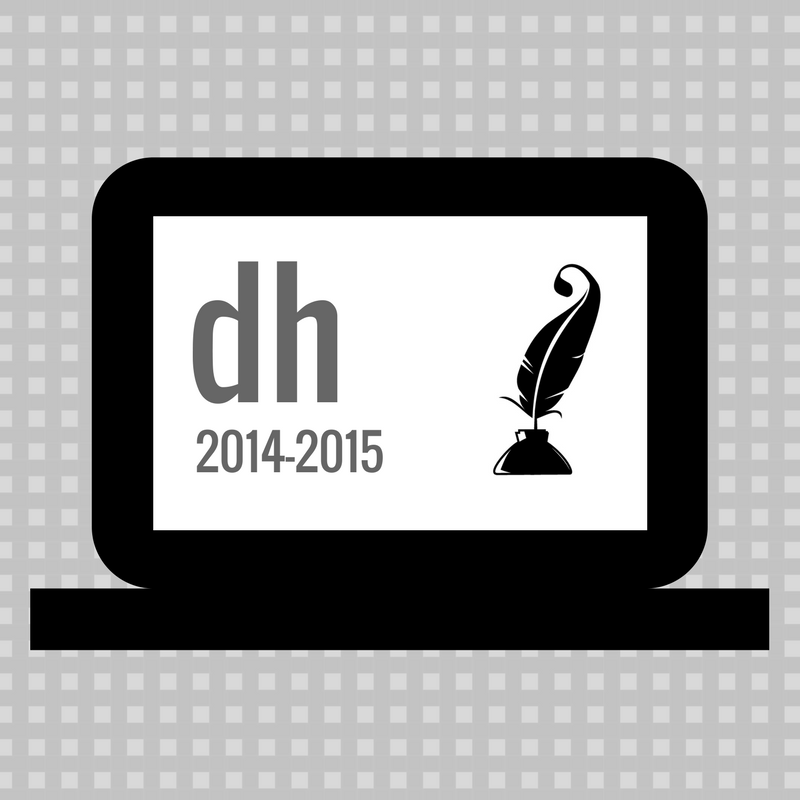The Teaching, Learning & Technology Roundtable and the Digital Humanities Committee presents a symposium to inform our colleagues about the digital humanities and inspire them to think more about how they might apply DH tools in their own work. The symposium will showcase model projects in the digital humanities by guest speakers from Columbia University, City College of New York and Seton Hall University.
The purpose of the workshop is to help take the mystery out of Digital Humanities.You should attend this symposium if:
- you are currently using Digital Humanities resources in your courses,
- you would like to use Digital Humanities resources in your courses,
- you want to learn more about Digital Humanities
Tuesday, May 6
9 a.m. – 1:30 p.m.
Walsh Library – ITV Room
Event Schedule:
- 9 a.m. Breakfast/Welcome
- 9:30 – 10:30 a.m. – Presentation by Denis Tenen, Assistant Professor, Department of English and Comparative Literature, Columbia University
- 10:30 – 11:30 a.m. – 10:30 – 11:30 a.m. – Presentation by Micki Kaufman, Ph.D. Student in History and Erin Glass, Ph.D. Student in English, Graduate Center, City University of New York
- 11:30 a.m. – 12 p.m. – Questions/Break
- 12 – 1 p.m. – Lunch and presentation by Manfred Minimair, Associate Professor, Department of Mathematics and Computer Science and students Katherine Moen & Anna Calka
- 1 – 1:30 p.m. – Plans for the Future
Please R.S.V.P by E-mail to Lysa Martinelli
“Digital Humanities, once referred to as “Humanities Computing”, is the intersection of computing, research, and teaching in the fields of the humanities. It is the use of computing to engage with texts. Brett Bobley, Director of the Office of Digital Humanities at the National Endowment for the Humanities, describes DH as “an umbrella term for a number of different activities that surround technology and humanities scholarship…includ[ing] topics like open access to materials, intellectual property rights,…digital libraries, data mining, born-digital preservation, multimedia publication, visualization…technology for teaching and learning…and many others” (Gavin, Smith & Bobley 2012. pp 61-66). It can be as simple as digitizing texts for archiving or preservation purposes or to make them available to a wider audience. Digital Humanities can also be much more complex promoting tools and content for more sophisticated analysis.” (http://libguides.wmich.edu/digitalhumanities)
For more information please contact:
Lysa Martinelli
(973) 275-2901
lysa.martinelli@shu.edu
